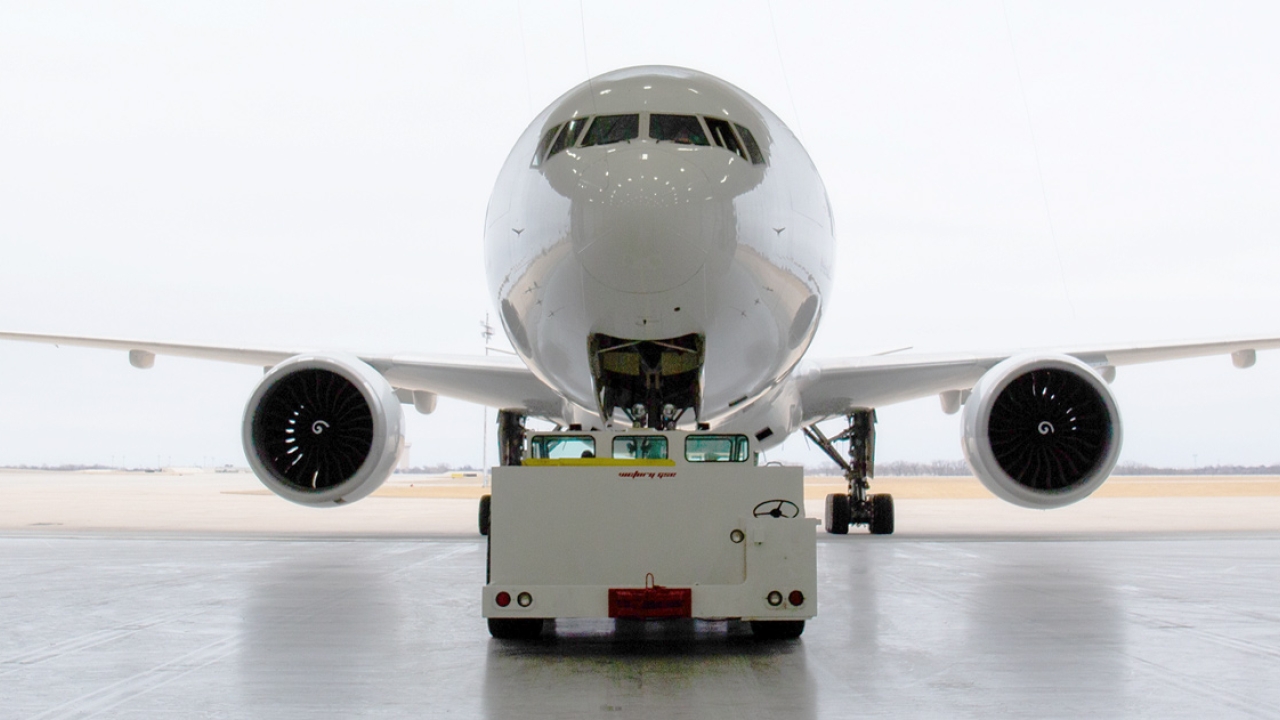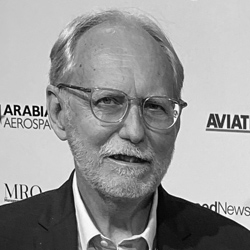Why Africa's MRO needs maintenance
Africa desperately needs a long-term and coordinated answer to its problem of MRO capacity and capability.

Stage freight: Casablanca has been selected for a new 777 P2F conversion facility. PICTURE: KMC
Everyone knows the problems – so far, nobody has the solution. Lack of domestic or nearby MRO capability is killing African airlines, literally.
High operating costs – of which MRO stubbornly remains a disproportionately large part – contributed to the failure and underperformance of Africa-based airlines, Mesfin Tasew, group managing director of Ethiopian Airlines, reminded delegates at a recent MRO Africa conference.
Part of the problem, as he sees it, is a lack of coordination and cooperation among countries. With some nations remaining sceptical about implementation of the Single African Air Transport Market (SAATM), there is “no conducive environment” for airlines to flourish and grow.
Suspicion and protectionist inclinations have landed Ethiopian with accusations of seeking market domination through joint ventures with smaller airlines.
Tasew rejected the accusation, and pointed to his airline’s engagement with Togo’s Asky. He said: “Asky is independent, and it is willing to create an MRO [operation] in Lome, Togo. We make sure they have the right number of skilled professionals.”
His airline was also helping develop capacity to train technicians. The MRO, when ready, would serve the West and Central African markets that currently lack functional aircraft repair facilities.
In Western Africa, Nigeria’s minister of Aviation and Aerospace Development, Festus Keyamo said attracting MRO operations to Nigeria was “one of our major priorities”.
Speaking on Channels Television’s “Newsnight” programme in April, he did not go into detail other than to say: “International investors are talking to us. We are a place of choice.”
Investors, he said, “realise that Nigeria is a place to establish these MROs so that it can attract customers from all over Africa. The Arabs are talking to us, the Chinese are talking to us, the Americans are talking to us, the Europeans are talking to us.
“Many of them are coming with all kinds of very juicy packages, saying they can build and operate [MROs].
“We are aiming to have at least one MRO in all our five major international airports. We can take two in some.”
He said the federal government’s plans might sound “very ambitious” given that some states – Akwa Ibom for example – are also building MRO facilities, but “the more the merrier”, he said. “We’re not going to depend on one facility; one facility cannot take all the aircrfaft in West Africa, Central Africa or part of North Africa – it cannot.”
Morocco, meanwhile, is addressing the global shortage of MRO capacity by providing a business-friendly environment for foreign investment. Quoted in “Africa News”, Abdelhamid Addou, chief executive of Royal Air Maroc, said: “Morocco has a good opportunity and good positioning in terms of the aeronautical industry.”
And while some may consider the North African country because of comparatively cheap labour, government support for aerospace has helped increase access to qualified local talent.
This is a factor in the success enjoyed by Safran, which for some years has operated an engine repair facility in Casablanca, serving airlines from South America to Europe and the Middle East.
Casablanca has recently been selected by a trio of American companies as the site for a Boeing 777 passenger-to-freighter (P2F) conversion line.
The companies, Kansas Modification Center (KMC), Stratos Industries and Integrated Aerospace Alliance (IAA), said in a press release they were “enthusiastic about the prospects that this joint venture presents for each of the partners and the aviation industry in Morocco.”
Stratos will build three widebody hangars at Mohammed V international airport in which KMC and IAA will be able to handle up to eight conversions a year for clients in Europe, the Middle East and Asia. Stratos will also build a widebody paint hangar for another partner.
The amount of their investment, build schedules and local employment were not announced. The “North Africa Post” noted the Moroccan government has itself been investing heavily in the aerospace sector to attract foreign businesses.
Stay up to date
Subscribe to the free Times Aerospace newsletter and receive the latest content every week. We'll never share your email address.


